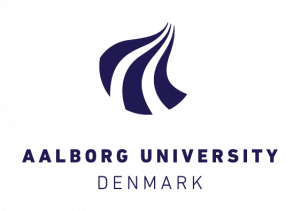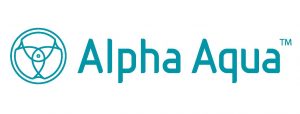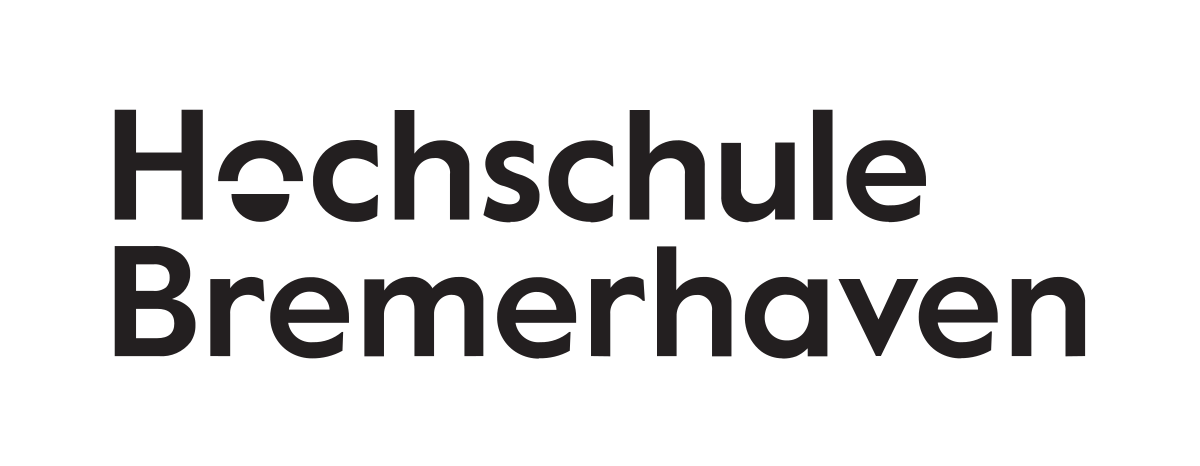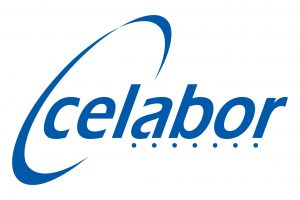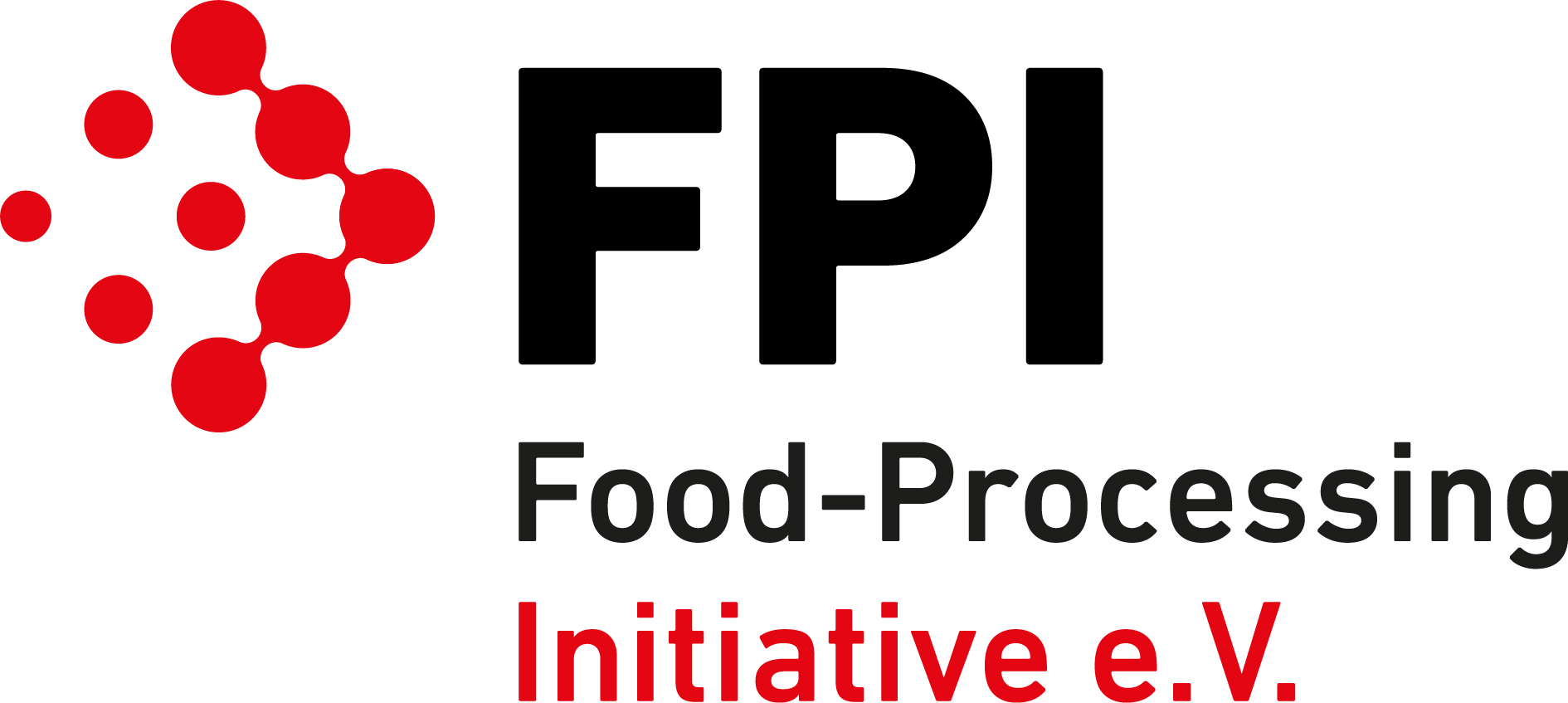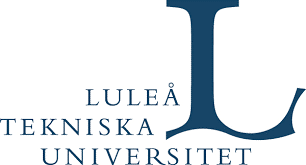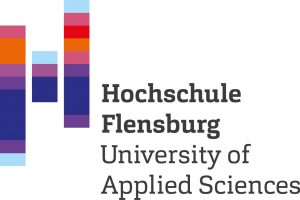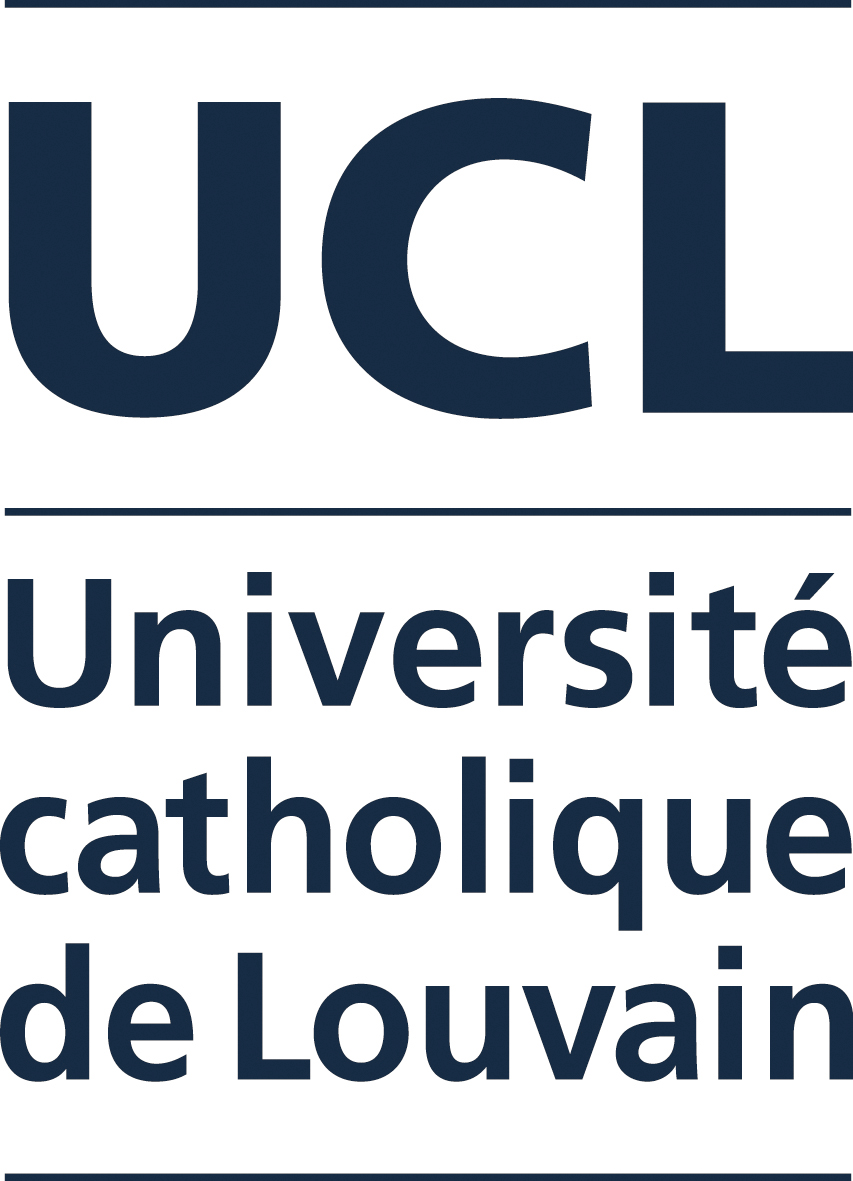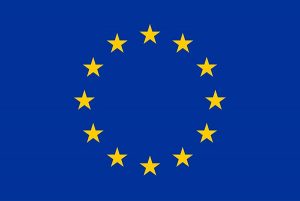Outstanding results after two years confirm the importance of the project!
85 people followed our invitation to immerse into the AQUACOMBINE project. Mette Hedegaard Thomson, Associate Professor, Aalborg University, Denmark, and lead partner of the AQUACOMBINE project started with a short project overview and gave the audience a glimpse of how halophyte plants can be used to meet one of the biggest challenges of the future, meeting the global demand for sustainably produced biomass for food and the growing bio-products sector.
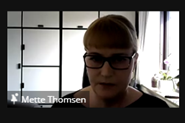
The results after two years are outstanding. For example, the test of halophyte skin cream showed soothing effects and the use of Halophyte in shrimp and fish feed showed positive effects on animal immunity.
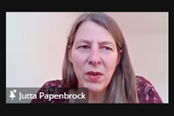
Three ten-minute impulse presentations invited the audience to gain insights to the project results. Prof. Dr Jutta Papenbrock and Dr Ariel Turcios from Institute of Botany, Faculty of Natural Sciences at Gottfried Wilhelm Leibniz Universität, Germany started the impulse presentations. Within the AQUACOMBINE project they are the experts for all matters relating to optimum growth conditions for halophyte plants such as Salicornia or Crithmum under hydroponic conditions. During their presentation the participants got an answer on “How to cultivate salt-tolerant plants species such as Salicornia or Crithmum to obtain high yields for biorefinery processes?’”
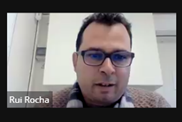
Then Rui Miranda Rocha, Director of operations at Riasearch, Portugal shared the promising results of his work. The main project focus of his research is to examine the combination of aquaculture and Salicornia farming. Rui’s team got promising results on health effects for shrimp and sea bass by combining aquaculture and Salicornia farming
Hinrich Uellendahl Professor of (Bio-)Chemical Process Engineering at the Department of Mechanical Engineering, Process Engineering and Maritime Technologies Hochschule Flensburg University of Applied Sciences, Germany closed the impulse part. Hinrich took the participants on a Halophyte residue journey. The audience listened to the possibilities for the utilization of the halophyte residue and got an answer on: “How to close the loop of the halophyte biorefinery by conversion into biogas and biochar?”
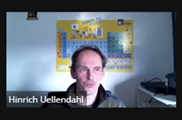
Finally, the breakout sessions gave the participants the opportunity to dive deeper into all the topics through discussions with the experts.
All in all, an informative and successful event that made clear that the results that have already been achieved and the expertise of the partners ensures that the whole project will become a success.
AQUACOMBINE Project
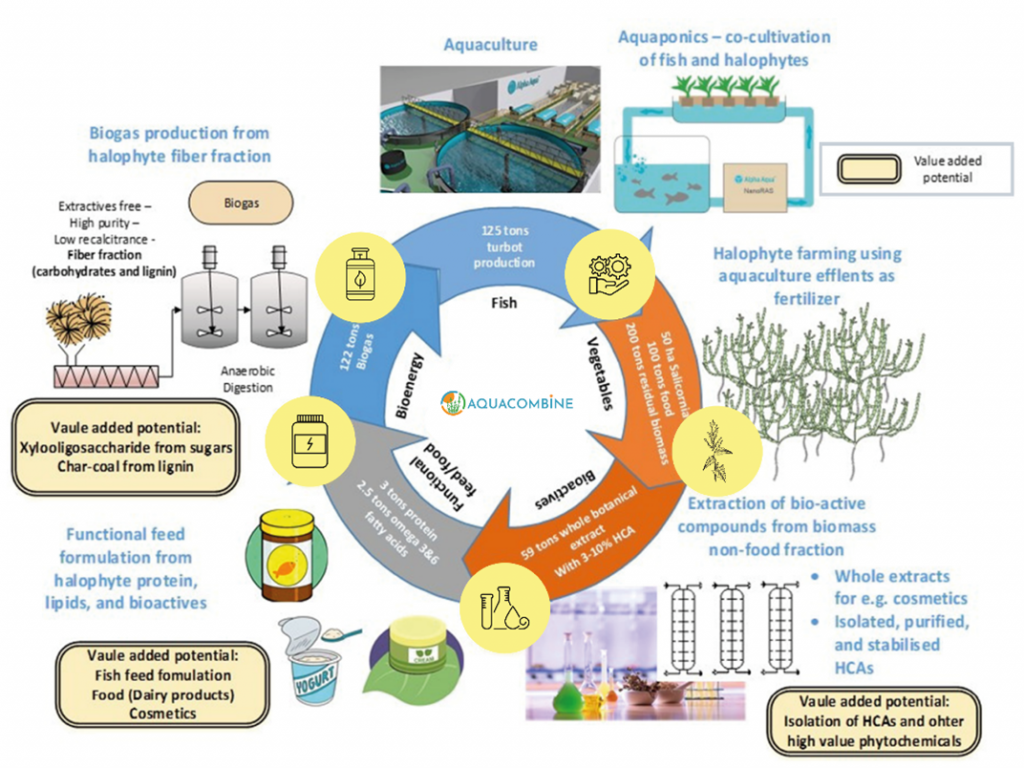
Within AQUACOMBINE all partners are dedicated to the circular approach that AQUACOMBINE is aiming for.
To create a new circular industry with co-production of food, feed, bio compounds, and bioenergy from salt-tolerant plants such as Salicornia or Crithmum with very little or no production of waste streams is the main goal.
The project will also examine the combination of aquaculture and Salicornia farming creating synergies such as formulation and test of phyto-chemicals rich functional fish feed and formulation and test of protein and lipids rich fish feed. And by using easily scalable methods, this process will be made cost-effective and widely available to help farmers in salt-affected areas in Europe.
Acknowledgement
This project has received funding from the European Union’s Horizon 2020 research and innovation programme under Grant Agreement No 862834. Any results of this project reflects only this consortium’s view and the European Commission is not responsible for any use that may be made of the information it contains.


